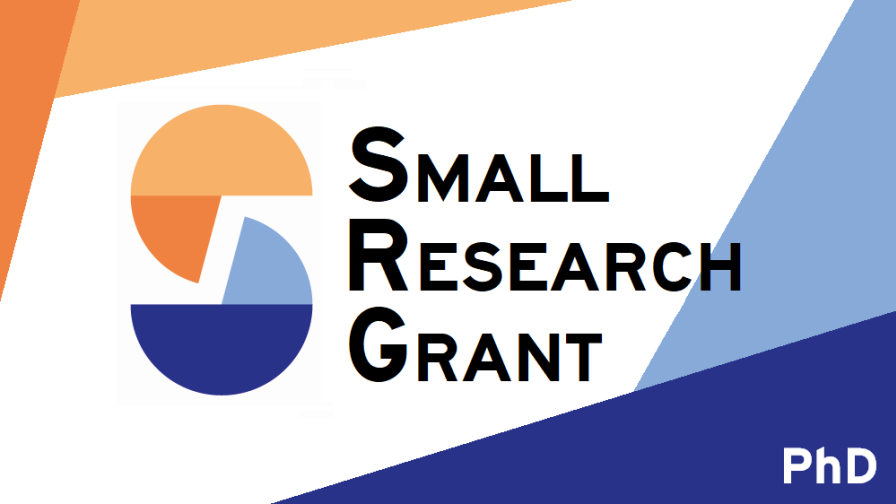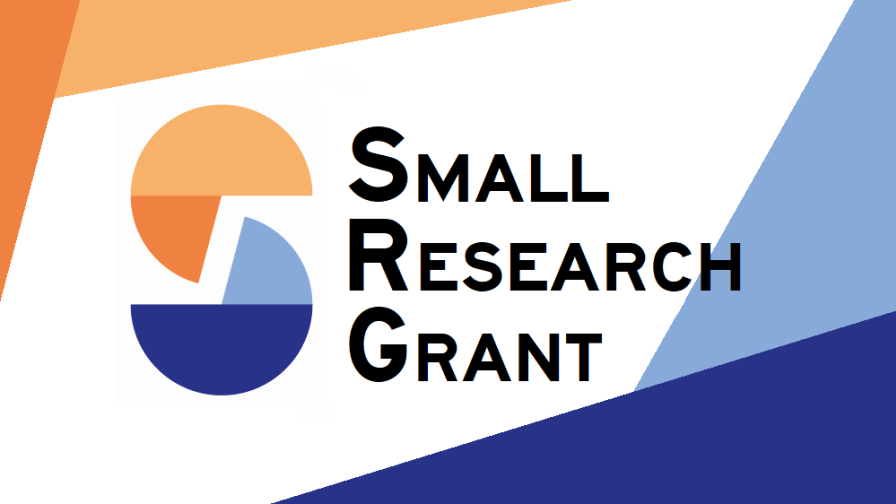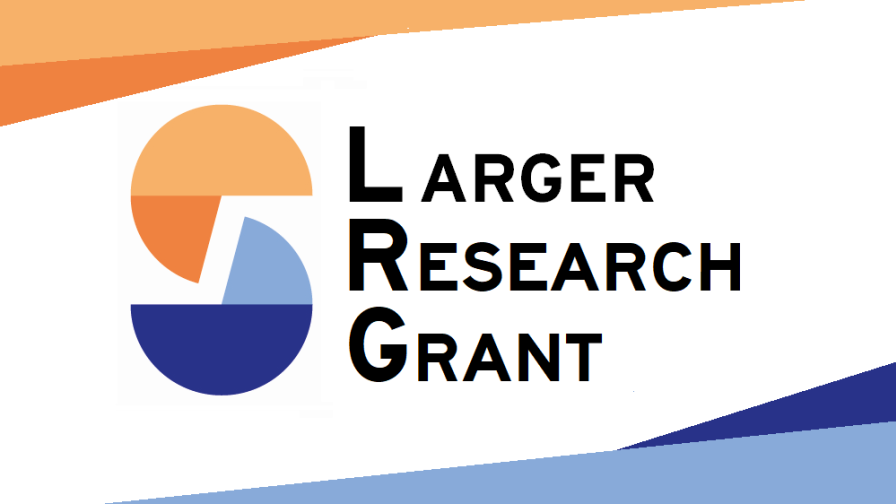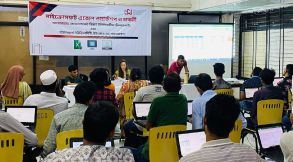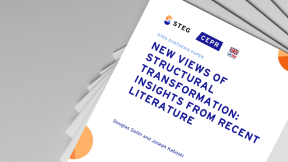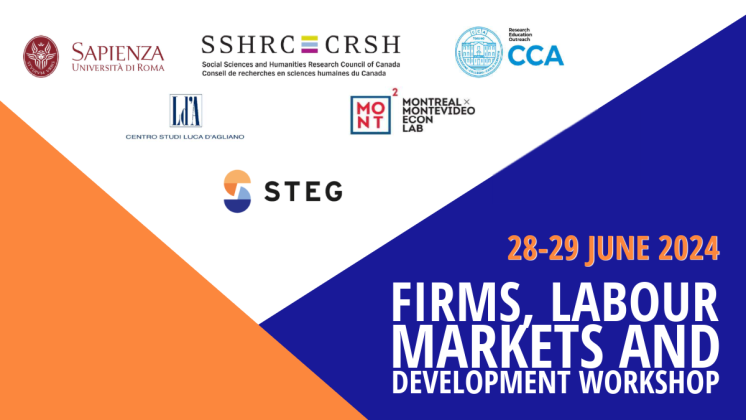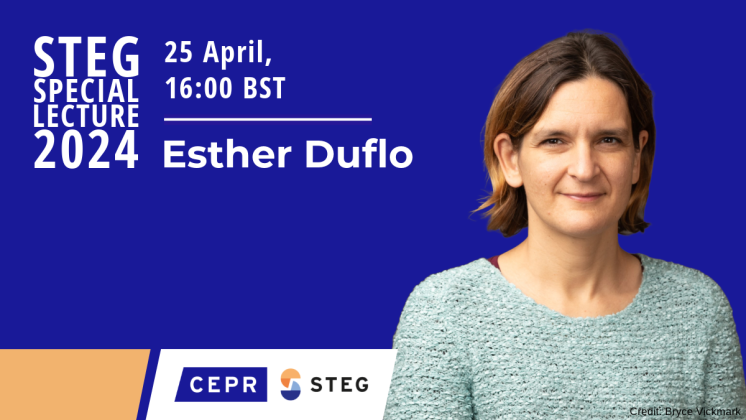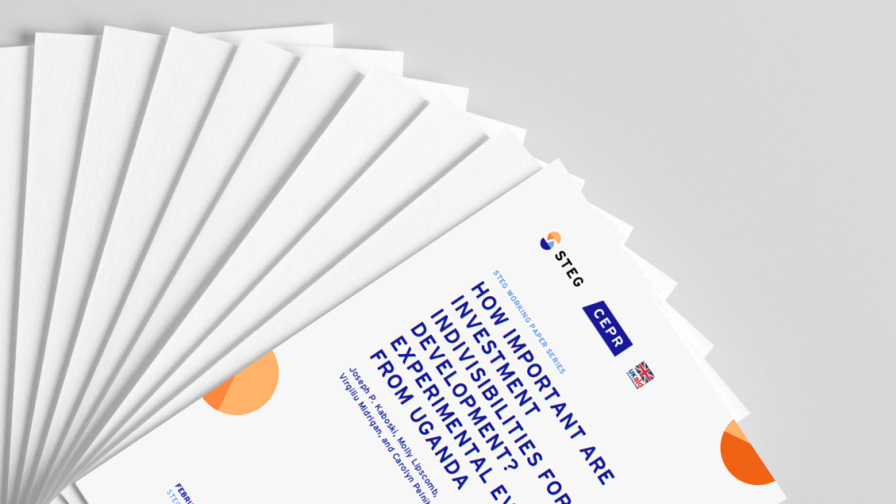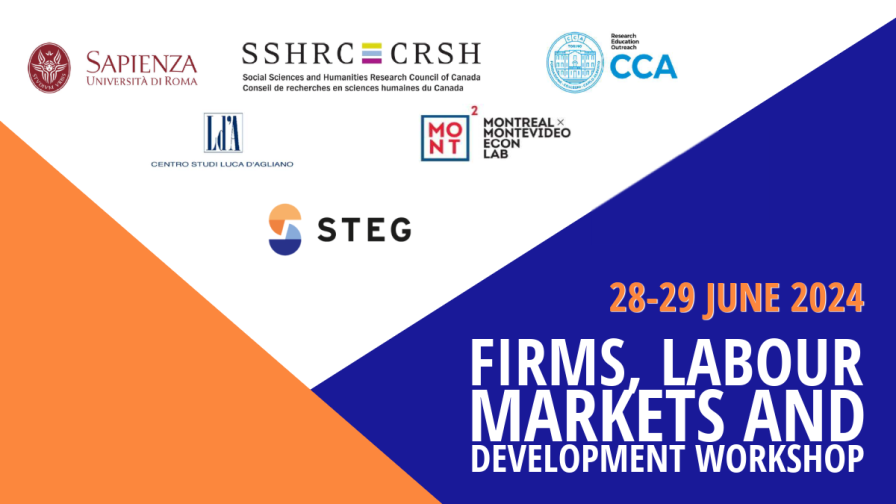We study how the adoption of foreign technology and local spillovers from such adoption contributed to late industrialization in a developing country during the postwar period. Using novel historical firm-level data for South Korea, we provide three empirical findings: (i) direct productivity gains to adopters, (ii) local productivity spillovers of the adoption, and (iii) complementarity in firms' adoption decisions. Based on these findings, we develop a dynamic spatial model with firms' technology adoption decisions and local spillovers. The spillovers induce dynamic complementarity in firms' technology adoption decisions. Because of this complementarity, the model potentially features multiple steady states. Temporary adoption subsidies can have permanent effects by moving an economy to a new transition path that converges to a higher-productivity steady state. We calibrate our model to the microdata and econometric estimates. We evaluate the effects of the South Korean government policy that temporarily provided adoption subsidies to heavy manufacturing firms in the 1970s. Had no adoption subsidies been provided, South Korea would have converged to a less industrialized steady state in which the heavy manufacturing sector's share of GDP would have been 15 percentage points lower and aggregate welfare would have been 10% lower compared to the steady state with successful industrialization. Thus, temporary subsidies for technology adoption had permanent effects.
STEG Working Paper Series
Technology Adoption and Late Industrialization
Jaedo Choi and Younghun Shim

Related content



